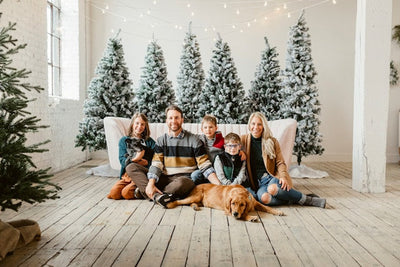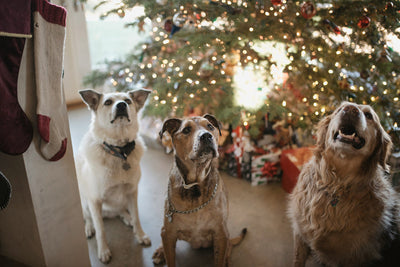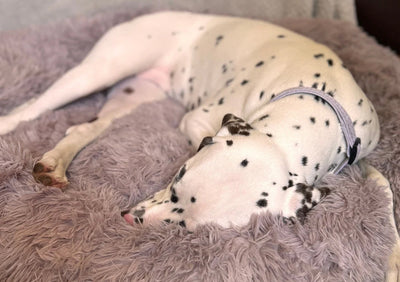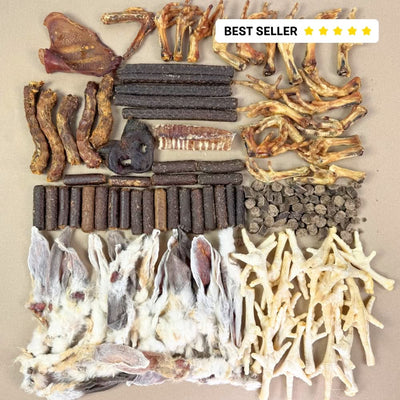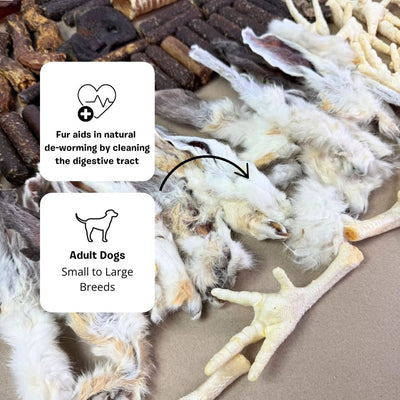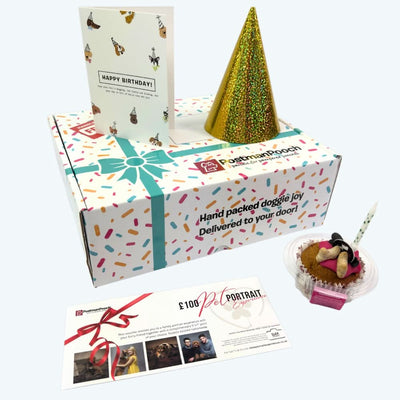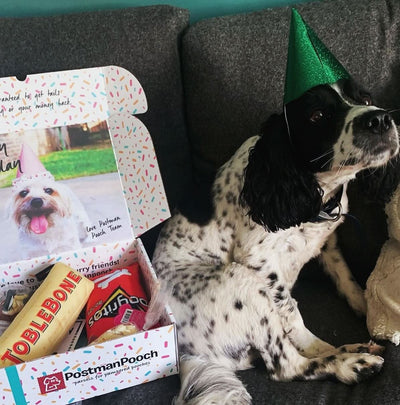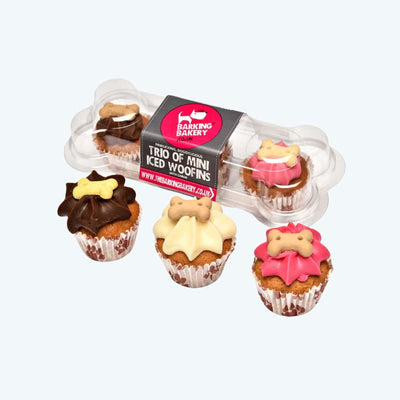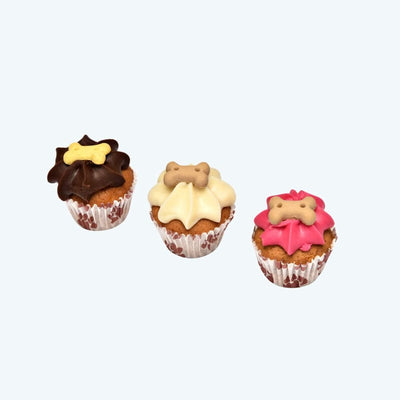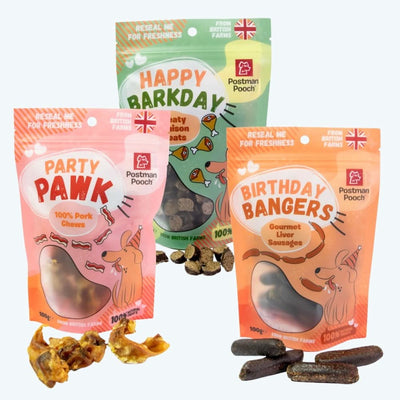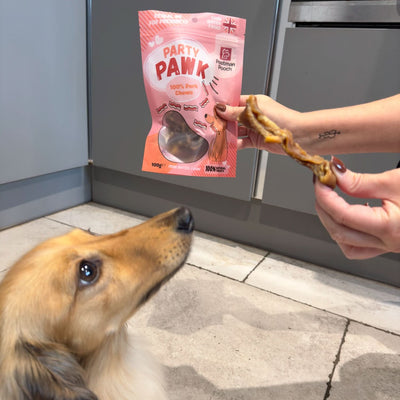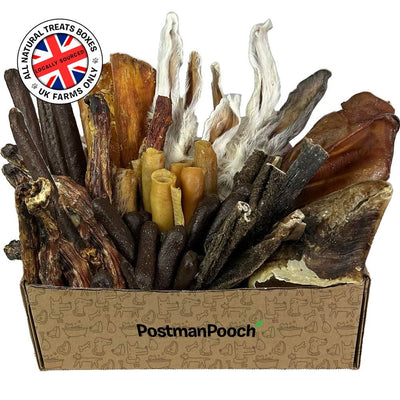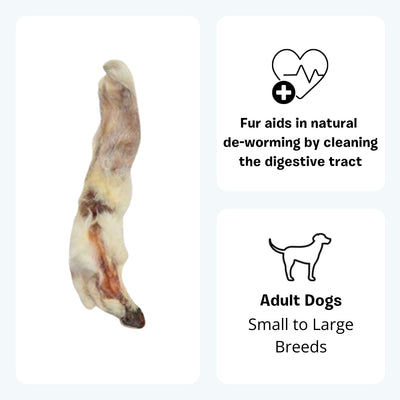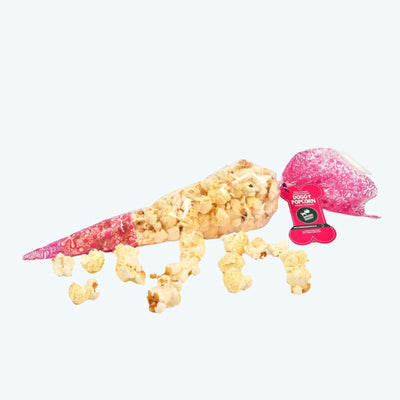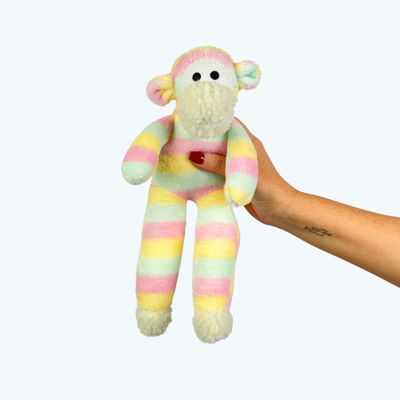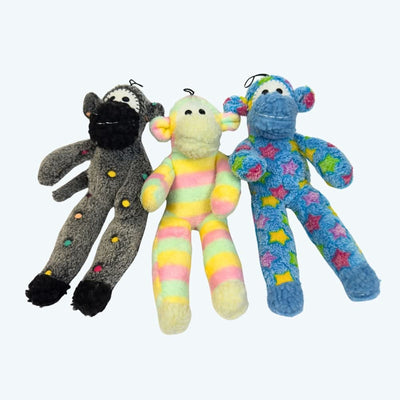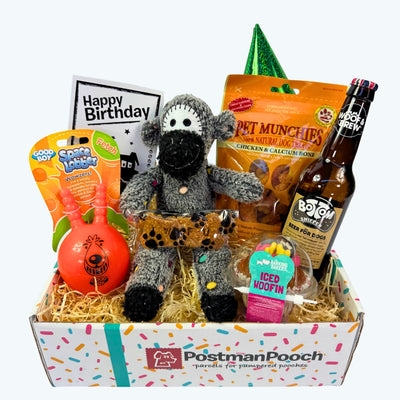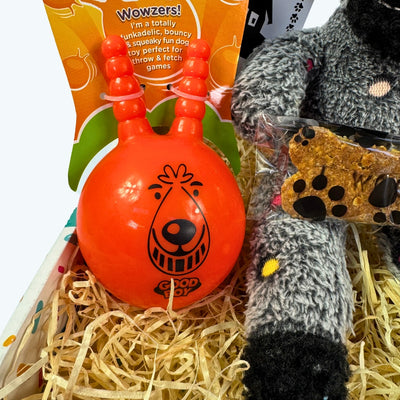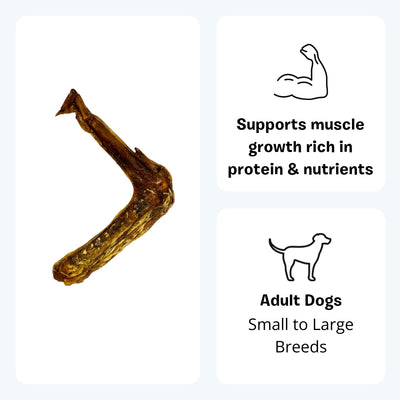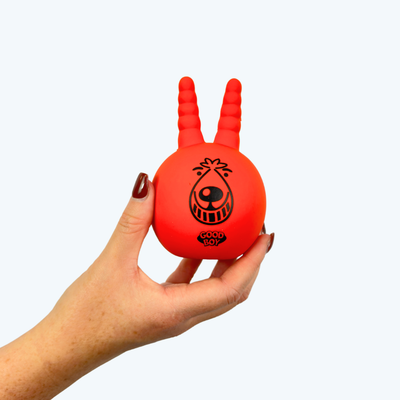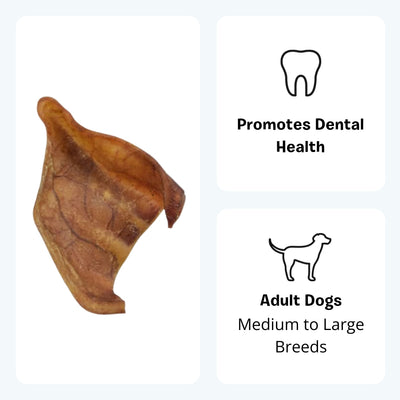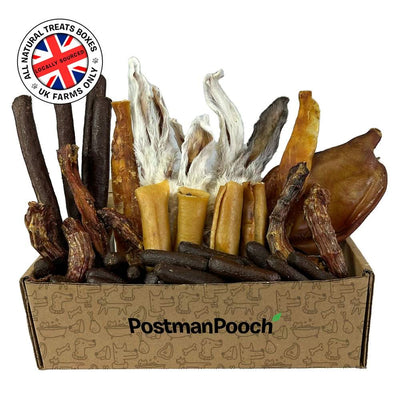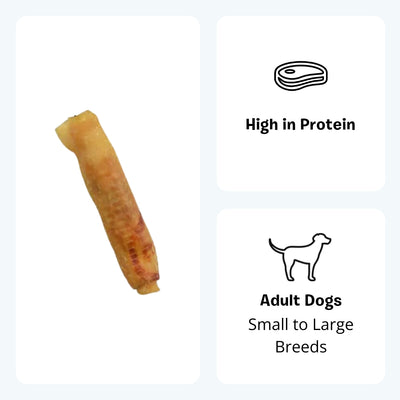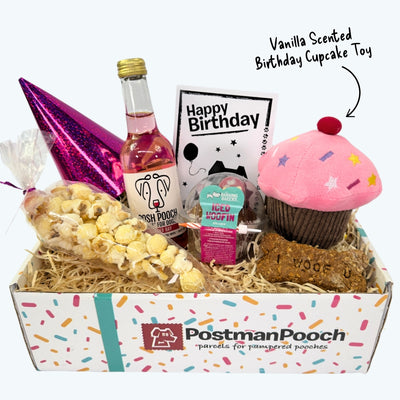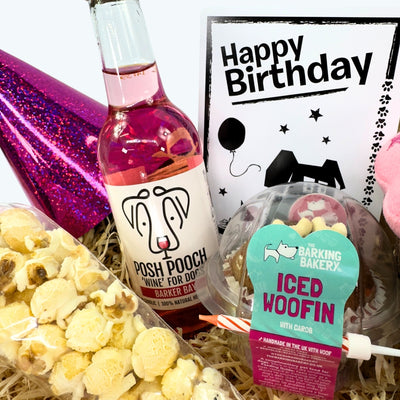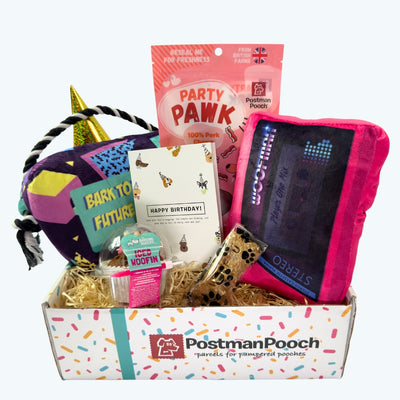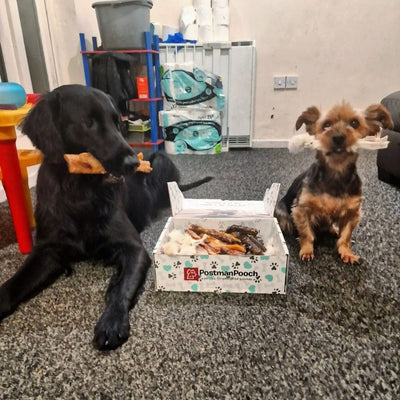Puppies are undeniably adorable bundles of energy, and one of their most endearing behaviours is their tendency to jump. While it can be heartwarming to see a playful pup leaping around, it’s essential to guide their jumping habits to ensure both their safety and your own. In this blog post, we will address common questions about puppy jumping and provide valuable tips to manage this behaviour effectively.
How do I get my puppy to stop jumping?
Teaching your puppy to stop jumping requires consistency and positive reinforcement. Here are a few tips to help:
- Redirect their behaviour: When your puppy jumps, redirect their attention to appropriate behaviour, such as sitting or lying down. Reward them with praise and treats for obeying the command.
- Ignore the jumping: Avoid giving your puppy attention or physical contact when they jump up. Turn away from them and wait for them to calm down before rewarding them with attention.
- Teach an alternative greeting: Train your puppy to greet people by sitting politely instead of jumping. Encourage visitors to ignore the puppy until they are calm, rewarding them for the desired behaviour.
At what age is it OK for puppies to jump?
Puppies have a natural inclination to jump and explore their surroundings. While they may start attempting to jump as early as four weeks of age, it’s important to be cautious. Jumping from high surfaces can put excessive strain on their growing joints and bones. It’s generally advised to discourage high jumping until puppies are at least one year old to protect their developing bodies.
Do puppies grow out of jumping up? Will my puppy ever stop jumping?
With proper training and guidance, most puppies do grow out of excessive jumping as they mature. As they age, they gain better impulse control and learn alternative ways to greet people. However, it’s crucial to actively train and reinforce appropriate behaviour to ensure they develop good habits.
How do I stop my puppy from jumping and biting my legs?
Jumping and biting are common behaviours in young puppies, and it’s essential to address them early on. Here are a few strategies to discourage this behaviour:
- Provide an alternative: Offer your puppy appropriate chew toys and redirect their biting behaviour towards these toys. Encourage playtime with the toys to satisfy their teething needs.
- Teach bite inhibition: When your puppy bites your legs, let out a yelp or say “ouch” to indicate pain. This mimics how littermates would react, teaching them to be gentler. Reward them when they show softer bites or stop biting altogether.
- Consistency and patience: Reinforce consistent training and avoid rough play that encourages biting behaviour. Consistently redirect their attention to appropriate toys or commands.
Why won’t my 6-month-old puppy stop jumping?
At six months of age, your puppy is still in the midst of their development. Some puppies may take longer to grasp certain training concepts, including jumping. Ensure you’re providing consistent training and reinforcing desired behaviours. It’s also important to consult with a professional dog trainer if the jumping behaviour persists or becomes a safety concern.
How do I stop my puppy from lunging and biting me? How do I stop my puppy from jumping and biting my face?
Lunging and biting, especially towards the face, can be concerning and potentially dangerous behaviours. Here are some steps to address them:
- Ensure proper socialization: Expose your puppy to different people, animals, and environments from an early age. Proper socialization helps them feel more at ease and reduces the likelihood of fear-based lunging and biting.
- Seek professional help: If the lunging and biting behaviour persists or escalates, consult a professional dog trainer or behaviourist. They can assess the situation and provide tailored guidance to address the specific issue.
Puppy jumping is a natural behaviour that can be managed with consistent training, positive reinforcement, and appropriate redirection. With patience and guidance, your puppy will learn to greet people politely and engage in safe play. Remember to consult professional help if needed, and enjoy the journey of raising a well-behaved and happy canine companion.





